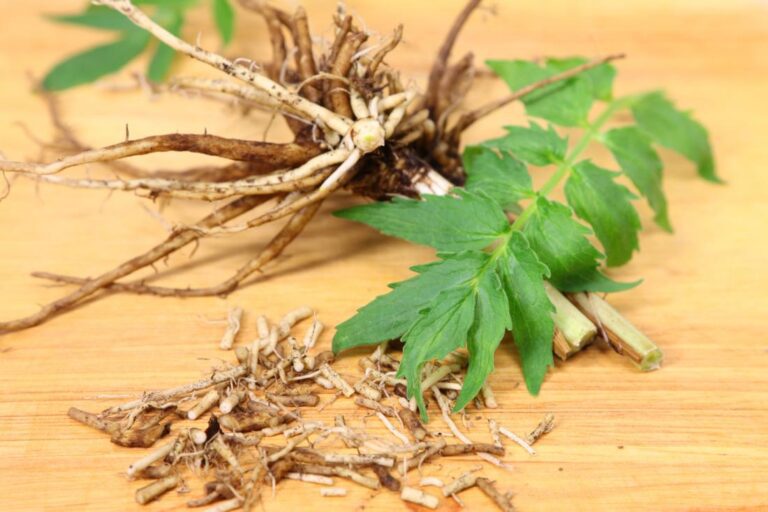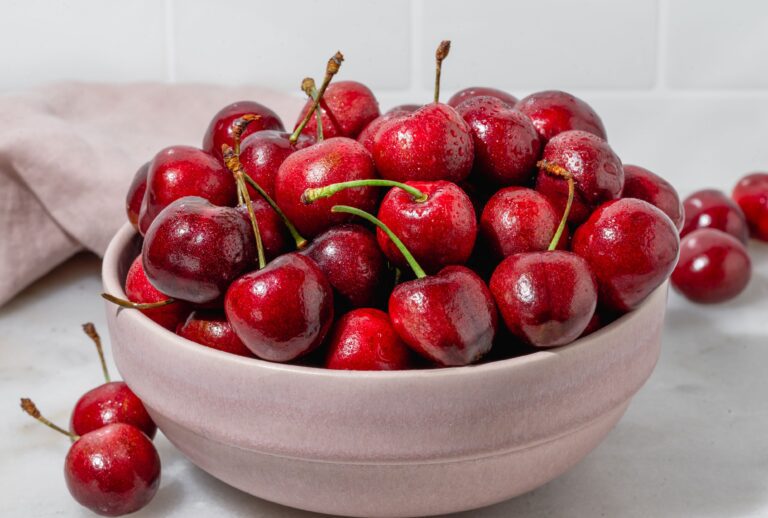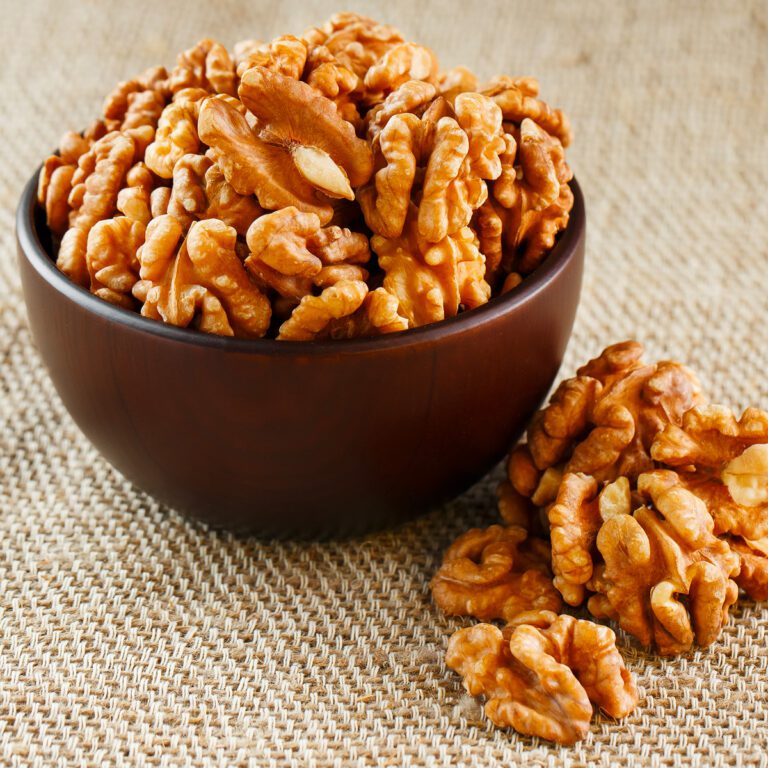The Best Herbal Teas for Better Sleep: Nature’s Remedy for Restful Nights

Introduction
If you’ve ever tossed and turned at night, staring at the ceiling and hoping for sleep to come, you’re not alone. Millions of people struggle with falling or staying asleep. While prescription medications are available, they can often lead to dependency or unwanted side effects. Thankfully, nature offers a gentler solution: herbal teas. In this article, we’ll explore the best herbal teas for better sleep, how they work, and when to drink them to support a calm, restful night.
Why Herbal Teas Help with Sleep
Herbal teas have been used for centuries as natural sleep aids. Here’s why they work:
- They’re naturally caffeine-free.
- Many herbs contain compounds that help calm the nervous system.
- The warmth and ritual of tea drinking can reduce stress and promote relaxation.
Certain herbs contain flavonoids, essential oils, and antioxidants that have sedative or calming effects. Let’s look at the top options.
1. Chamomile Tea
Chamomile is perhaps the most well-known herbal tea for sleep.
Benefits:
- Contains apigenin, an antioxidant that binds to brain receptors to reduce anxiety and initiate sleep.
- Known for reducing insomnia symptoms.
How to Use:
- Steep 1 chamomile tea bag or 1 tbsp of dried flowers in hot water for 5 minutes.
- Drink 30–45 minutes before bed.
Bonus Tip: Add a teaspoon of honey to enhance the calming effects.
Read the full benefits and how to brew it in our detailed guide.
2. Lavender Tea
Lavender isn’t just for bath bombs or essential oils—it’s also a powerful bedtime tea.
Benefits:
- Reduces heart rate and blood pressure.
- Helps calm anxiety and restlessness.
- Promotes deeper sleep quality.
How to Use:
- Use food-grade dried lavender flowers.
- Steep for 5–7 minutes for best effect.
Best Time: 1 hour before bedtime.
Discover more about its calming properties in our full post here.
3. Valerian Root Tea
Valerian root is a traditional herbal remedy used to treat insomnia and nervous tension.
Benefits:
- Acts as a mild sedative.
- Increases GABA (gamma-aminobutyric acid) in the brain, which promotes calmness.
How to Use:
- Use dried valerian root (1 tsp per cup).
- Steep for 10 minutes.
Note: The taste is strong—mix with lemon balm or honey.
Caution: Not recommended for pregnant women or those on sedatives without medical advice.
Learn how this herbal tea helps you fall asleep faster in this complete article.
4. Lemon Balm Tea
A member of the mint family, lemon balm is often overlooked but highly effective.
Benefits:
- Calms the mind.
- Reduces anxiety and stress levels.
- Promotes better sleep quality.
How to Use:
- Steep 1–2 teaspoons of dried lemon balm leaves in boiling water for 10 minutes.
Best Time: 30–60 minutes before bedtime.
Explore how it reduces stress and aids sleep in this in-depth guide.
5. Passionflower Tea
Passionflower is used in traditional medicine to treat anxiety and insomnia.
Benefits:
- Increases GABA levels in the brain.
- Helps reduce the time it takes to fall asleep.
- May improve sleep quality without morning grogginess.
How to Use:
- Steep 1 tsp dried passionflower in hot water for 5–10 minutes.
Pair With: Chamomile or lemon balm for a sleep-boosting blend.
Get the full breakdown of its sleep-enhancing benefits in our article.
6. Peppermint Tea
While not sedative, peppermint helps relax muscles and relieve tension that may interfere with sleep.
Benefits:
- Soothes digestive issues.
- Calms physical tension that may keep you awake.
- Offers a comforting bedtime ritual.
How to Use:
- Use fresh or dried peppermint leaves.
- Steep for 5–7 minutes.
Pro Tip: Combine with chamomile for added calm.
Find out how peppermint tea can relax your body in this detailed post.
7. Magnolia Bark Tea
This lesser-known tea is gaining popularity for its sleep-promoting qualities.
Benefits:
- Contains honokiol and magnolol, which help lengthen sleep time.
- Reduces cortisol (stress hormone) levels.
How to Use:
- Available in tea bags or tinctures.
- Best consumed under guidance or in small doses.
Read more about its ancient sleep-supporting power in our full guide.
8. Rooibos Tea
A caffeine-free red tea from South Africa, rooibos is packed with antioxidants and promotes calm.
Benefits:
- Rich in aspalathin, which helps regulate stress hormones.
- Supports heart health and reduces inflammation.
How to Use:
- Brew like regular tea.
- Add a splash of warm milk or coconut milk for a cozy nighttime drink.
Learn why rooibos is a perfect caffeine-free sleep aid in this article.
Best Practices for Drinking Herbal Tea Before Bed
To get the most out of your herbal tea routine, follow these tips:
- Timing Matters: Drink tea 30–60 minutes before bed to allow it to take effect.
- Make it a Ritual: Create a calming habit around tea—dim lights, play soft music, and slow down.
- Consistency is Key: Regular use amplifies the calming benefits over time.
- Avoid Sweeteners: Stick to honey or natural stevia—avoid sugar or caffeinated additives.
How to Create Your Own Sleepytime Tea Blend
You can mix your own sleepy blend by combining herbs with complementary effects. Here are two DIY ideas:
Blend 1: Classic Calming Blend
- 1 tsp chamomile
- 1 tsp lemon balm
- Pinch of lavender
Blend 2: Deep Sleep Blend
- 1 tsp valerian root
- 1 tsp passionflower
- Dash of peppermint for taste
Steep the mixture in hot water for 7–10 minutes and strain before drinking.
Precautions and Considerations
- Consult your doctor if you’re pregnant, nursing, or on medication.
- Watch for allergies, especially with floral herbs like chamomile or lavender.
- Start with small doses to see how your body reacts.
Conclusion: Sip Your Way to Better Sleep
Incorporating herbal teas into your nighttime routine is a gentle and enjoyable way to enhance sleep naturally. Whether you prefer the floral notes of chamomile or the earthy strength of valerian root, there’s a blend out there for you. These teas are more than just beverages—they’re rituals of self-care that signal your body it’s time to rest.
Make space each evening for a quiet moment with a cup of calming tea, and soon your sleep will follow.





